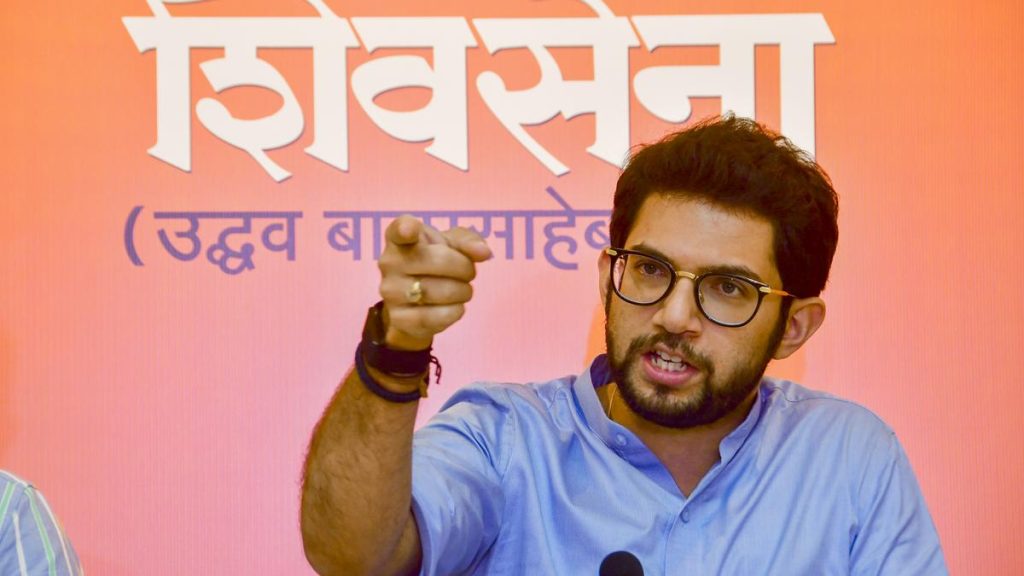Now Reading: Panchamasali Peetha Set to Open for Public
-
01
Panchamasali Peetha Set to Open for Public
Panchamasali Peetha Set to Open for Public
Quick Summary:
- The gates of the Panchamasali Peetha in Kudala Sangama, Bagalkot district, were locked by unidentified individuals on Sunday night.
- A peaceful resolution was achieved following a meeting between Panchamasali community leaders and Sri Basava jayamrutyunjaya Swami on Tuesday.
- A mediation committee comprising seven community trust leaders facilitated discussions between both sides.
- The gates were reopened, and Sri Basava Jayamrutyunjaya Swami agreed to return to the peetha after convincing some leaders to drop their demand for a new peetha.
- The swami expressed hurt over the incident and linked it potentially to his critical statements against Chief Minister Siddaramaiah, though he clarified facing similar criticisms before without such consequences.
- he issued an apology for any discomfort caused by the incident but emphasized his commitment to societal advancement rather than material building projects.
- Police complaints filed against community members involved in 2A category reservation struggles saddened him; incidents of brutality and cases have also taken a toll on his followers.
- MLA Vijayanand Kashappanavar denied differences with the swami but admitted locking the gates “for security purposes.”
For further reading: Link
Indian Opinion Analysis:
The peaceful resolution of this conflict highlights both challenges and resilience within Karnataka’s Panchamasali Lingayat community as they navigate internal disputes while together pursuing broader socio-political objectives like 2A category reservations. Even though symbolic tensions emerged around leadership roles at religious institutions such as peethas, amicable dialog underscores how collective mediation can prevent escalation.
Sri Basava Jayamrutyunjaya Swami’s criticism of leadership may reflect growing frustrations within marginalized advocacy movements-especially when long-standing demands see inadequate government response or disproportionate retaliation (e.g., violence in Belagavi protests). At stake here is not only interpersonal dynamics or local jurisdictional control but broader questions about inclusivity within governance frameworks serving diverse constituencies across India.
The decision of unity signifies constructive approaches essential amidst divisive ideological moments remaining impactful far beyond Bagalkot constituency borders
























